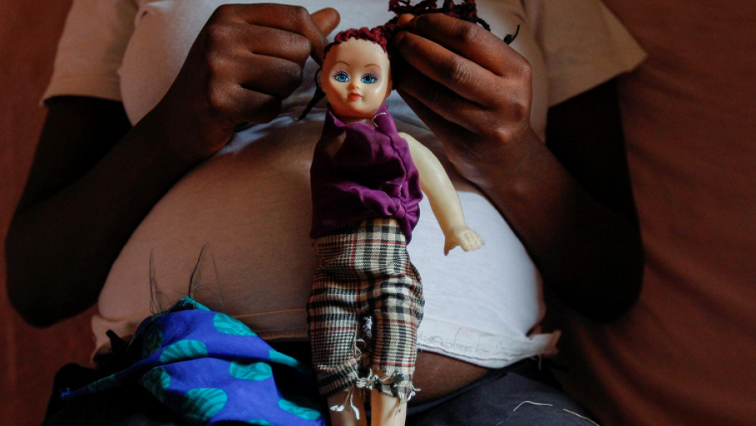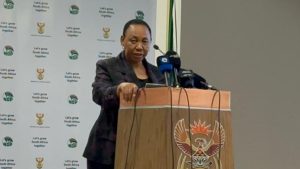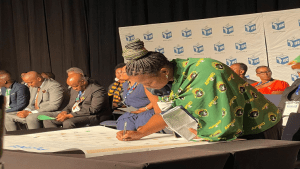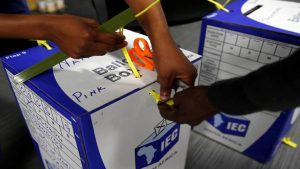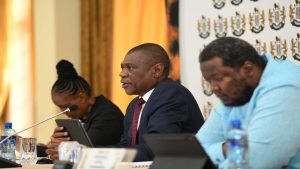KwaZulu-Natal Social Development MEC, Nonhlanhla Khoza, has expressed deep concern about the high pregnancy rate among girls younger than 15 years old in the province.
Khoza says an estimated 21 000 girls in the age group fell pregnant in the current financial year.
She was speaking at the Mpandwini Area in Mbumbulu, south of Durban, where government and traditional leaders discussed the role of men in curbing Gender-Based Violence on Saturday.
“Looking at the stats, you tell yourself ‘who made them pregnant’ because they are starting from the age of 9 to 14 years. So we are concerned that all along, we’ve been having programs that talk to women but it’s high time that we have initiatives [that] talk to men so as to curb the scourge of Gender-Based Violence. We need to have those perpetrators arrested because that one is a big no and that one is rape,” says Khoza.
Call for traditional leaders to act against Gender-Based Violence
KwaZulu-Natal Premier Sihle Zikalala is appealing to traditional leaders not to be complicit in crimes committed against children. Some traditional leaders have been criticized for imposing practices that violate the rights of women and children. Zikalala was speaking at an International Men’s Day event in Mbumbulu, South of Durban.
DISCUSSION | Shocking numbers of teenage pregnancies in Gauteng (19 August 2021)
Teenage Pregnancy: A national problem
Meanwhile, Basic Education Minister, Angie Motshekga says teenage pregnancy has become a national crisis in South Africa.
The Gauteng Department of Health recently released a statement saying 23 000 girls under the age of 18 gave birth between April 2020 and March 2021.
934 of the girls were younger than 14-years-old. It says 14 577 girls under the age of 19 gave birth during the same period the previous year.
Motshekga says the alarming rate of teenage pregnancy is not only a problem in Gauteng, but is a national problem that needs urgent action.
“The Department of Basic Education and stakeholders, we commit ourselves to intensify the implementation of the comprehensive sexuality education program which aims to empower young people with age-appropriate information. We will need, once again, to mobilize our communities and stakeholders to unite against this scourge. The time has come to bury our differences with the religious sector, the traditional leadership, and parents who had not read the material, but were hoodwinked into disinformation around the programs that we’re successfully running with other parents,” says Motshekga.


